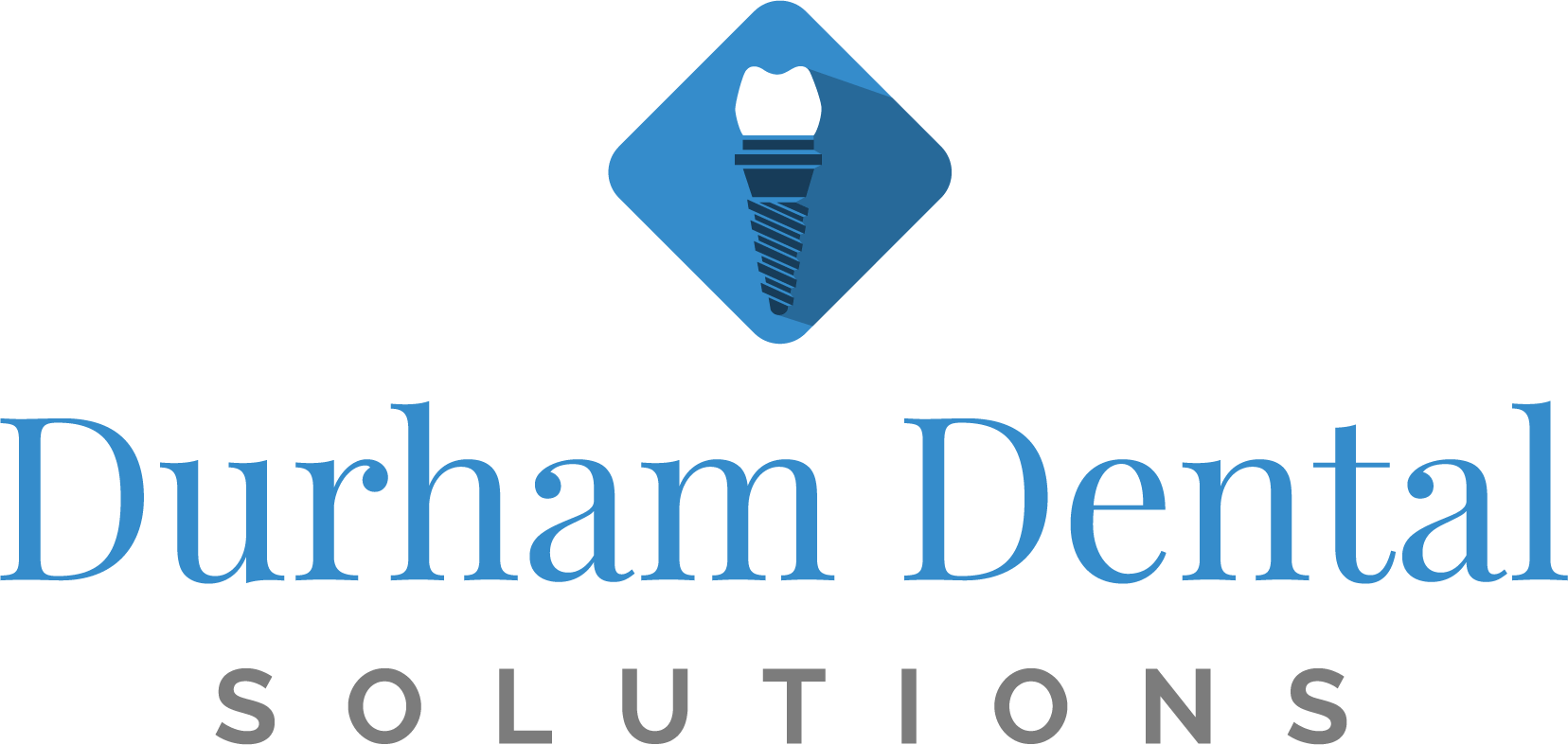The process to have dental implants in Ajax involves a relatively short oral surgery. However, if you are having dental implants soon or considering this treatment, you probably wonder what to expect during surgery and immediately afterward.
What to Expect During Surgery?
At Durham Dental Solutions, we take every precaution to ensure dental implant treatment in Whitby is as comfortable and pain-free as possible. Because we use computer-guided dental implant surgery, the surgical process is quicker. We have already identified exactly where each implant is to be inserted, including the angulation and depth and use a surgical stent to replicate this treatment plan precisely. Usually, it takes an hour or so to place a single dental implant, and many people are happy with just a local anesthetic. However, if you feel anxious or need multiple implants, please remember we offer sedation dentistry.
Sedation dentistry in Pickering is carefully tailored to meet the needs of each patient so that you can choose a mild level of sedation or something more moderate, such as IV sedation. It helps ensure you feel relaxed and comfortable during the entire process, so even very nervous people can benefit from implant treatment.
What to Expect After Dental Implant Surgery?
As the anesthesia wears off, you may feel some slight discomfort that could last for a couple of days. You may notice slight facial swelling or your gums bleed for the first 2 to 3 days. Generally, over-the-counter pain medication can easily manage any discomfort. It’s not unusual for some people to feel zero discomfort, especially when they only need a single dental implant in Oshawa.
Factors That Can Affect Implant Recovery
Recovery after dental implants can vary from one person to another and depends on several factors. These include the number of teeth that need removing and replacing with dental implants and whether you require bone grafting in Newcastle as part of your implant surgery. The location of the implants makes a difference as those in the lower jaw tend to heal more quickly than dental implants in the upper jaw. If you smoke, be prepared to quit while you have implant treatment and preferably for good. Smoking can significantly delay the healing process and increase the risk of oral health problems. It is also a good idea to avoid drinking alcohol for at least a week after surgery or longer while you recover. Some people simply heal faster than others, and your oral care can make a considerable difference.
After implant surgery in Clarington, we will provide you with clear instructions on caring for your mouth the first few days afterwards. It’s important to follow these instructions closely to help you maintain a healthy, clean environment that aids faster healing.
Complete Healing Takes Several Months
Although the initial healing period after dental implants in Courtice is really quite quick, it continues for several months afterwards. During this time, the implant body or post gradually becomes fused in your jawbone, a process called Osseointegration. It’s an extremely important part of the process that ensures the implant is strong and stable enough to support your new implant tooth.
One common concern is whether you will be left without teeth during this healing period, and the answer is definitely not. Sometimes it’s possible to immediately ‘load’ the dental implant soon after surgery with a replacement crown, bridge or denture. These restorations are often temporary but will still look and feel pretty good and ensure the healing process can continue uninterrupted and that you can still smile confidently.

